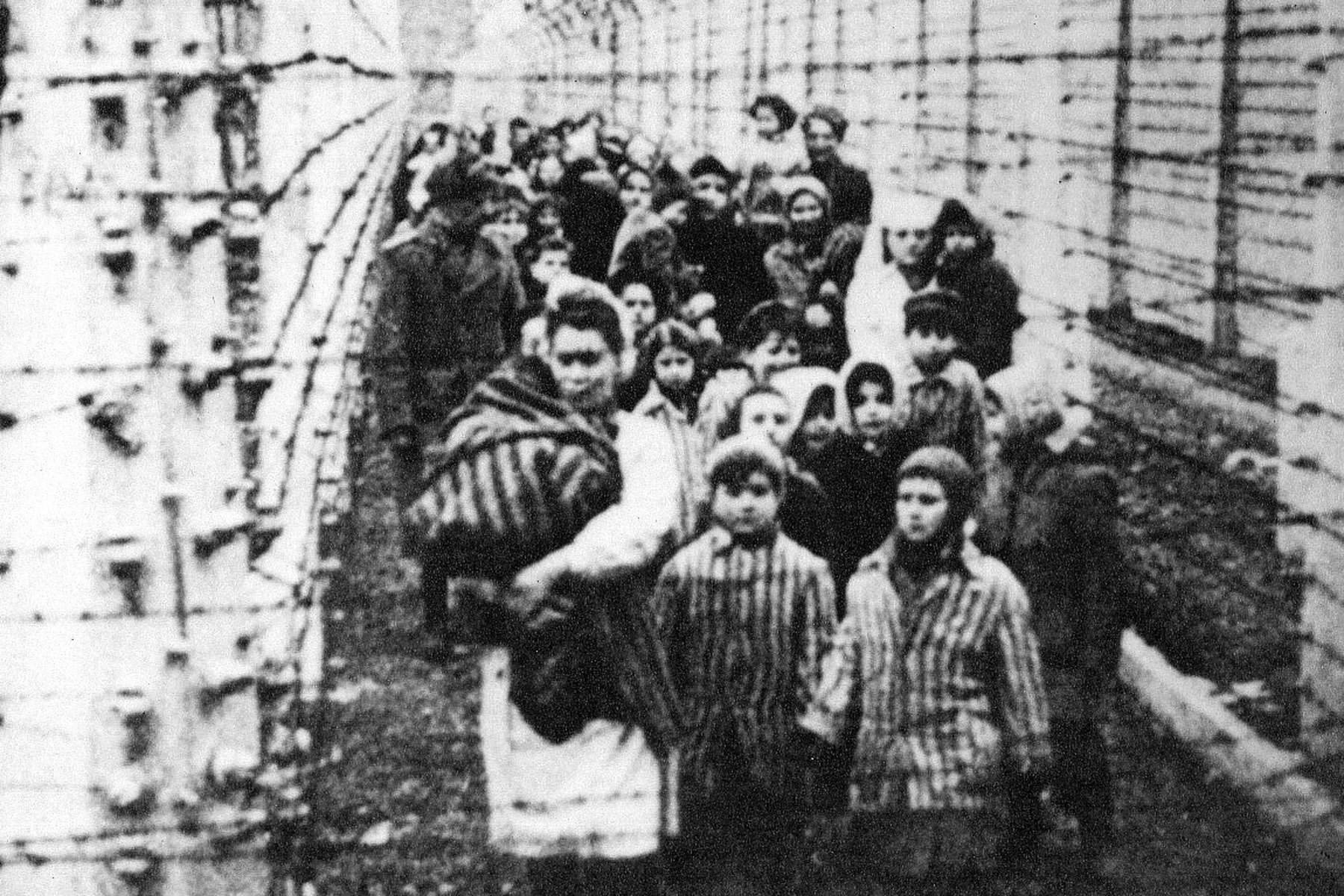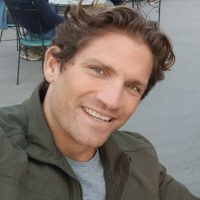We Don’t Have to Give Away the Power of our Emotions to Others.
When we feel pain, either physical or mental, our human instincts force us along the path of trying to find a reason for the pain.
It is extremely natural for us to look outside of ourselves and point the finger of blame at some external object or person. This disposition to find a cause outside of us is something that has been given to us through hundreds of thousands of years of human evolution.
If we go back in time to prehistory humans, we can see how that process occurred.
Imagine a hunter-gatherer band who needs food to survive.
Now picture the hunter who got hurt by an antelope in the last hunt because of another member not carrying out their task correctly. He would see that the cause of his hurt was not his own—he only just survived and he doesn’t want to be put at risk again, so he will remember and continue to hold that person responsible. He will not trust that person with his life again. This reduced the risk our injured hunter faced in future hunts and he would be more likely to survive because he continued to hold that person responsible.
If he lived long enough, there was a greater chance that he became a parent. And thus his genes, the ones ready to hold others to account for his pain for an extended period of time, would be passed on to the next generation.
The hunter-gather who also got hurt in a hunt, but who didn’t worry about what had happened and didn’t condemn his skill-less comrade, might get killed in the next hunt after the same stupid mistake is made. In his case, there’s no chance to be a parent, and his genes, which didn’t hold others answerable for his pain, would die there in the dirt with him.
The same goes for the member of a tribe who is tricked out of her share of the food by another tribe member. If she doesn’t learn from that mistake, and see the external cause of her problems and keep holding on to that mental pain, she may be tricked again, become weaker, and, in the end, either die from starvation or not find a partner to have kids with. Either way, the genes die with her.
The member of the tribe who realises that she has been tricked, sees that another person is to blame, and works out strategies to avoid being fooled in the future, has a far greater chance of surviving long enough to have kids.
This natural selection has been going on for thousands of generations and thus, it is bred into us to look for external causes for our pain, to point the finger of blame, and then to handle that issue in some way to make us feel more secure.
For thousands of years, blaming others when we suffer is what has led to human survival. So we can’t knock it as such; we wouldn’t be here without it, but at the same time, how useful is it in today’s world?
This instinct still has its place and remains useful in some circumstances. But there are many other times when this tendency to look for external causes to our issues can have seriously negative effects on our lives. This usually happens when there’s some internal emotional pain.
How many of us have had people in our lives who treated us badly? I would be very surprised if there was anyone in the world who was able to say that no one has ever behaved poorly toward them. And often what we say, when we are on the receiving end of negative actions, is that the other person has hurt us—it’s their fault, they are the cause of our pain.
It’s our instinct to look for that external cause.
What I’ve experienced, which I suspect is many people’s experience, is that even if we push that person out of our lives so we no longer have to put up with them, there’s still real emotional damage done. It may become hard to trust people or to be vulnerable in front of others, and there’s a wound deep within us. We can feel it every day—we are hurt and that person is to blame, and we can’t let that idea go.
But are they to blame for our emotions?
Say our friend cheated us out of thousands of pounds. In that case, they are responsible for that action, of that there is no argument. The victim is never to blame. But is the person who robbed us accountable for the fact that 10 years later, we are still angry and don’t trust people or let them close?
It may seem counterintuitive, but I don’t believe that they are.
Continuing to look for external causes to our internal suffering is giving another person our power. And why is that? It’s because they have no control over how we feel—they only have control, and thus responsibility, for their actions.
The person who is ultimately responsible for our emotional health is us. It doesn’t matter what has been done to us, in whatever horrible way, the person who has done that isn’t responsible for the pain we hold on to. As much as we want to blame them for damaging us emotionally, even saying they ruined our lives, they are not responsible for how we feel.
Following our instinct to look for an external source for emotional pain only leads us to more suffering, because what was done to us can never be undone. We keep pointing the finger claiming that they hurt us but that action in the past will always remain. Blaming others for our emotions in this moment doesn’t resolve anything for us, and it leaves us stuck in that pain, sometimes for our entire lives.
I get that this idea might upset some people but I’ve some experience of this firsthand.
I was on the wrong end of an emotionally manipulative relationship that lasted almost 10 years. When I finally escaped that relationship, with barely my sanity, I was full of blame for the other person. She was the cause of everything negative I was experiencing—all of it.
But it didn’t matter how much I believe that to be true—I still kept hurting.
In the end, I decided I couldn’t live like that anymore and through meditation and lots of trials and errors, I found that I had the choice to let the pain and hurt go.
I’m not suggesting this is an easy thing to do; it is not. It took me a couple of years but in the end, I was able to forgive her and to stop blaming her for how I now feel. The past did not change; what she had done to me is always there, but my mental health went from terrible to pretty damn good. I took back the power to be in charge of my own well-being.
It’s difficult to convince people of this truth: that we can take responsibility for whether we feed pain or not in a short article, but I will close with the story of Eva Kor.
Eva Kor was a 10-year-old girl from Romania when she arrived at Auschwitz with her twin sister. She was subjected to various horrendous experiments, endlessly being medically tortured. And if at any moment she died from her treatment, her twin sister would have been immediately killed so that their bodies could be compared by the Nazis. Fortunately, she and her twin sister were still alive when Auschwitz was liberated.
There aren’t many people in this world who have been through as much hell as she’s been through. Yet throughout her life, she worked toward forgiveness.
When she testified in court against a guard from Auschwitz, she made sure she could meet him face-to-face. They embraced and she held him to her as a fellow human.
Another time, on the 50th anniversary of her liberation, she offered everyone who had taken part in the murder and torment at Auschwitz her “personal forgiveness.”
She later claimed that it was a life-changing experience, and she further added that “I realised I had power over my life. I had the power to heal the pain imposed on me in Auschwitz by forgiving the people who imposed that pain.”
If she can take back the accountability for her own emotional well-being, after everything she went through, then there’s hope for all of us.


 Share on bsky
Share on bsky





Read 18 comments and reply